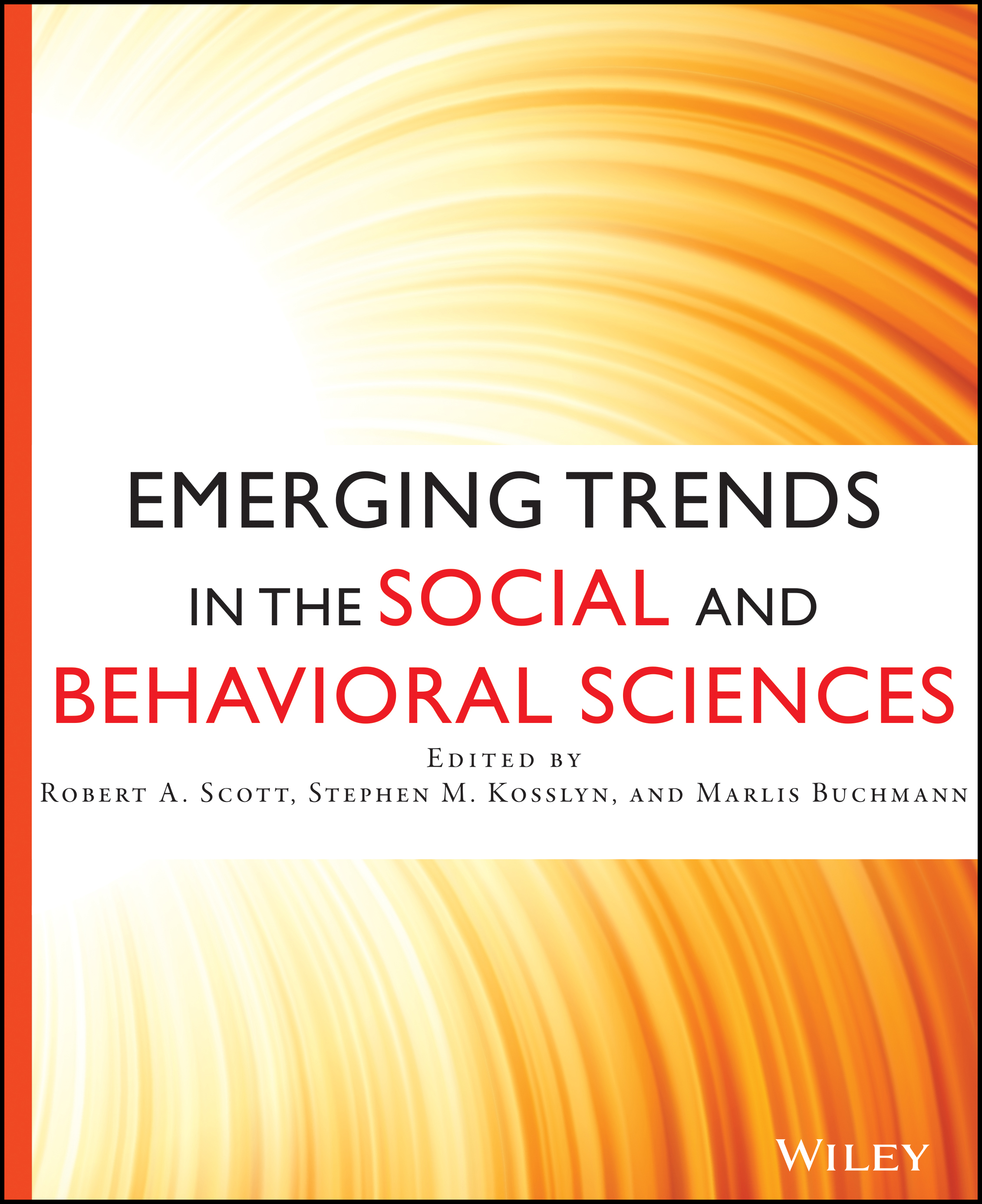Event Processing as an Executive Enterprise
Abstract
Actual experience as life unfolds tends to be an ebb and flow of dynamic, multimodal sensations, many of which are fleeting. Yet what is encoded, recalled, and talked about tends to be events—units of experience that are conceptualized as having both a beginning and an end. In this essay, we consider processing mechanisms that enable the extraction of event structure from the dynamically unfolding stream of experience. Two proposals emerge from our own and others' recent research on event processing: First, fluent detection of structure within activity streams appears to hinge on knowledge of the predictability relations within those streams. Second, skill at event processing seems to involve harnessing such knowledge of predictability relations to selectively direct attention to information-rich portions of the activity stream. If this account is correct, individual differences in knowledge and executive skill should influence event-processing fluency. As well, children's developmental progress in event processing should reveal the telltale impact of increasing knowledge and executive skill. Our hope is that research pursuing these ideas will ultimately make it possible to enhance event-processing fluency for all, which in turn has the potential to facilitate memory, learning, and social interaction.



